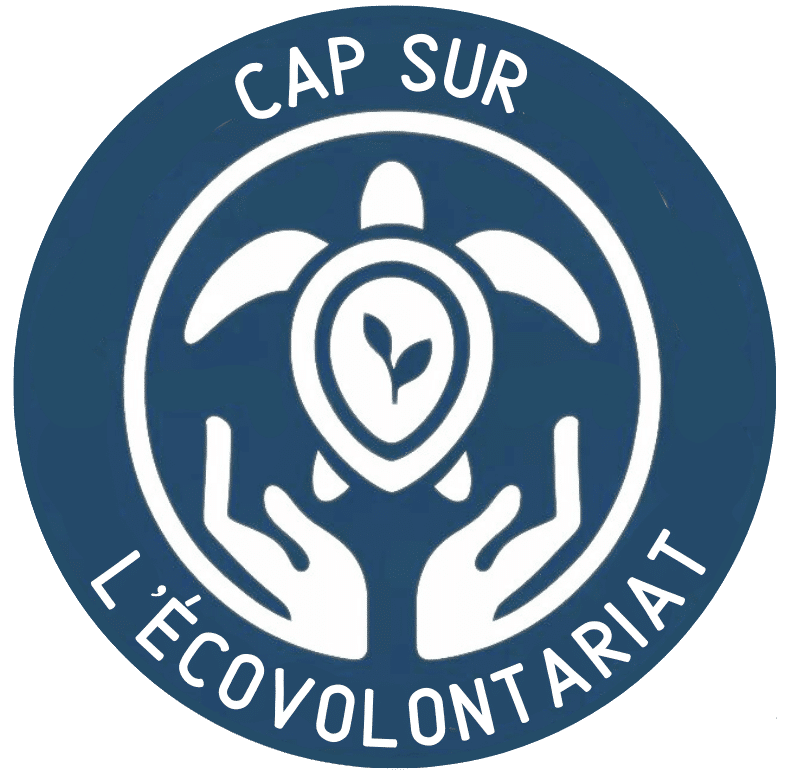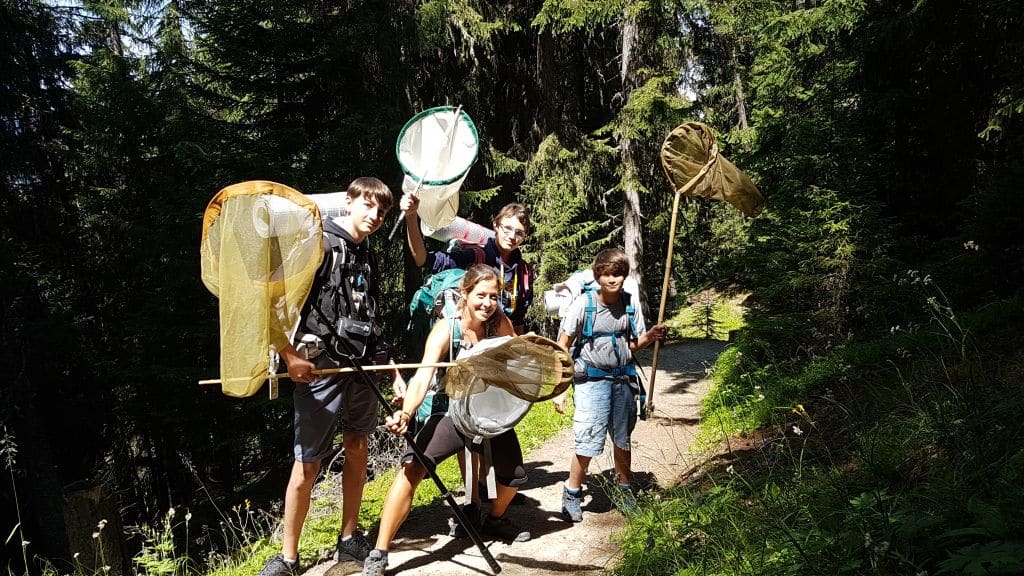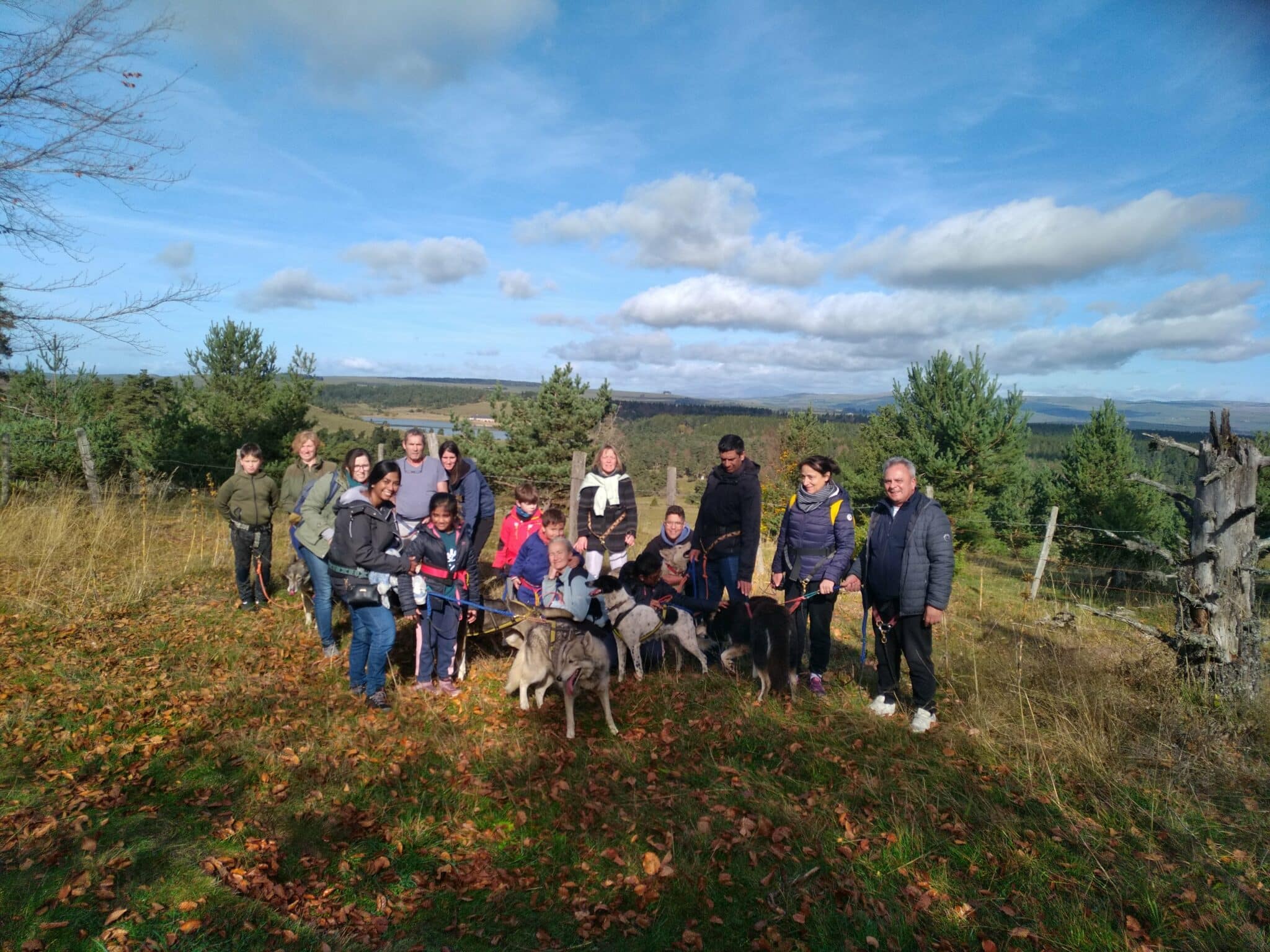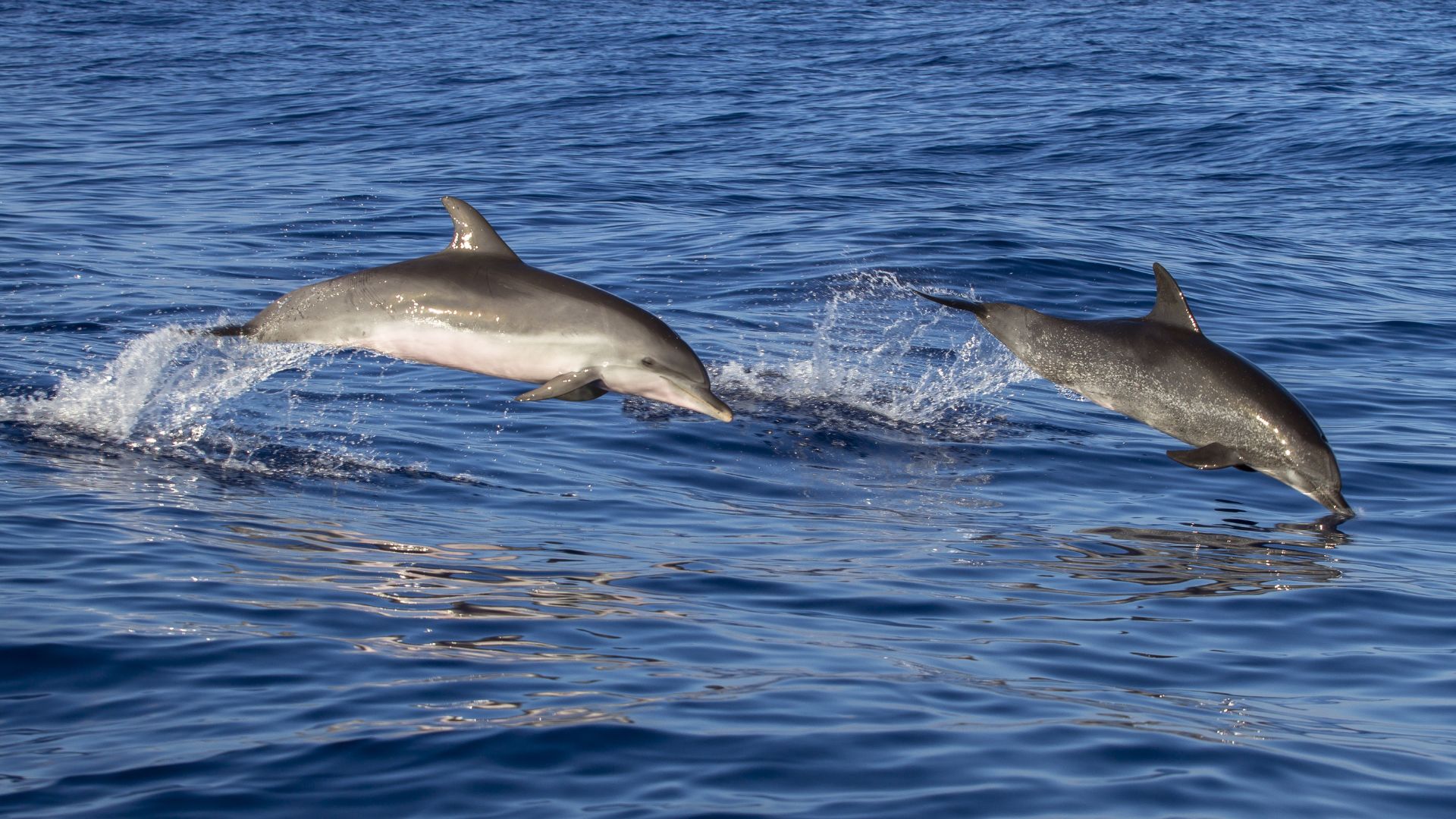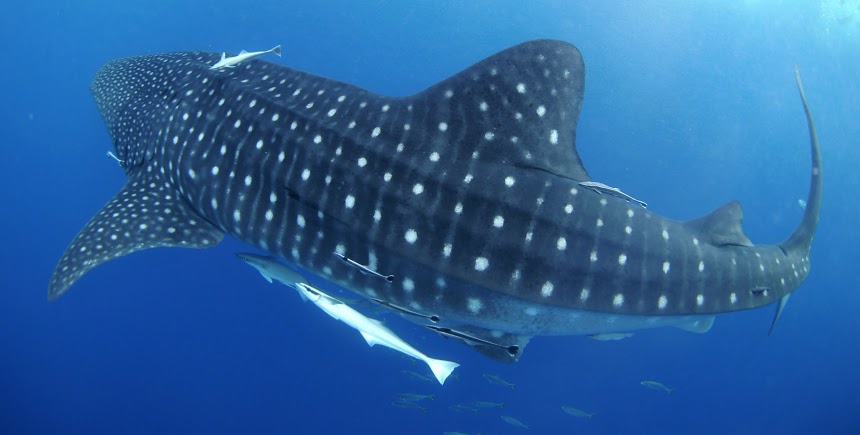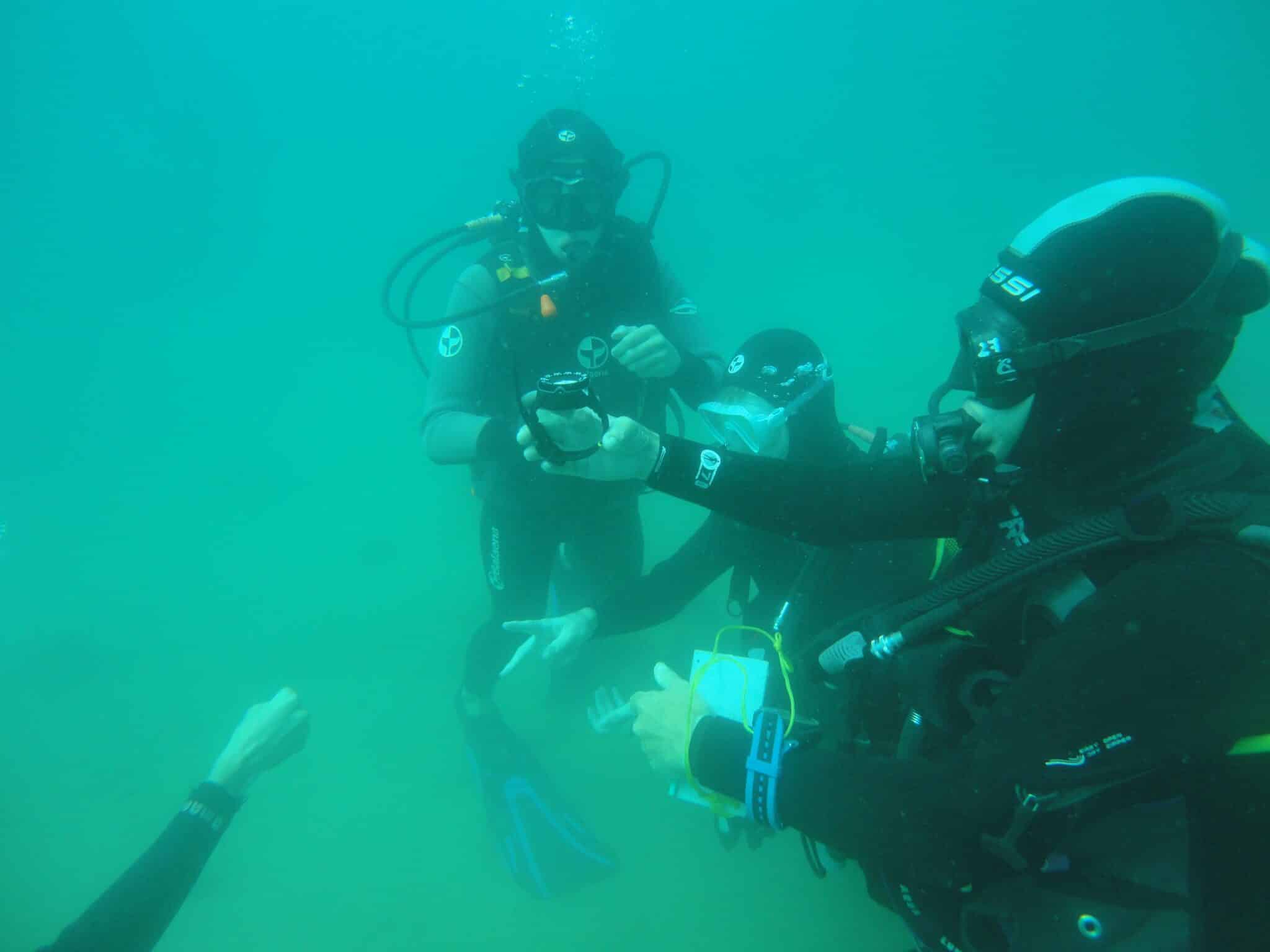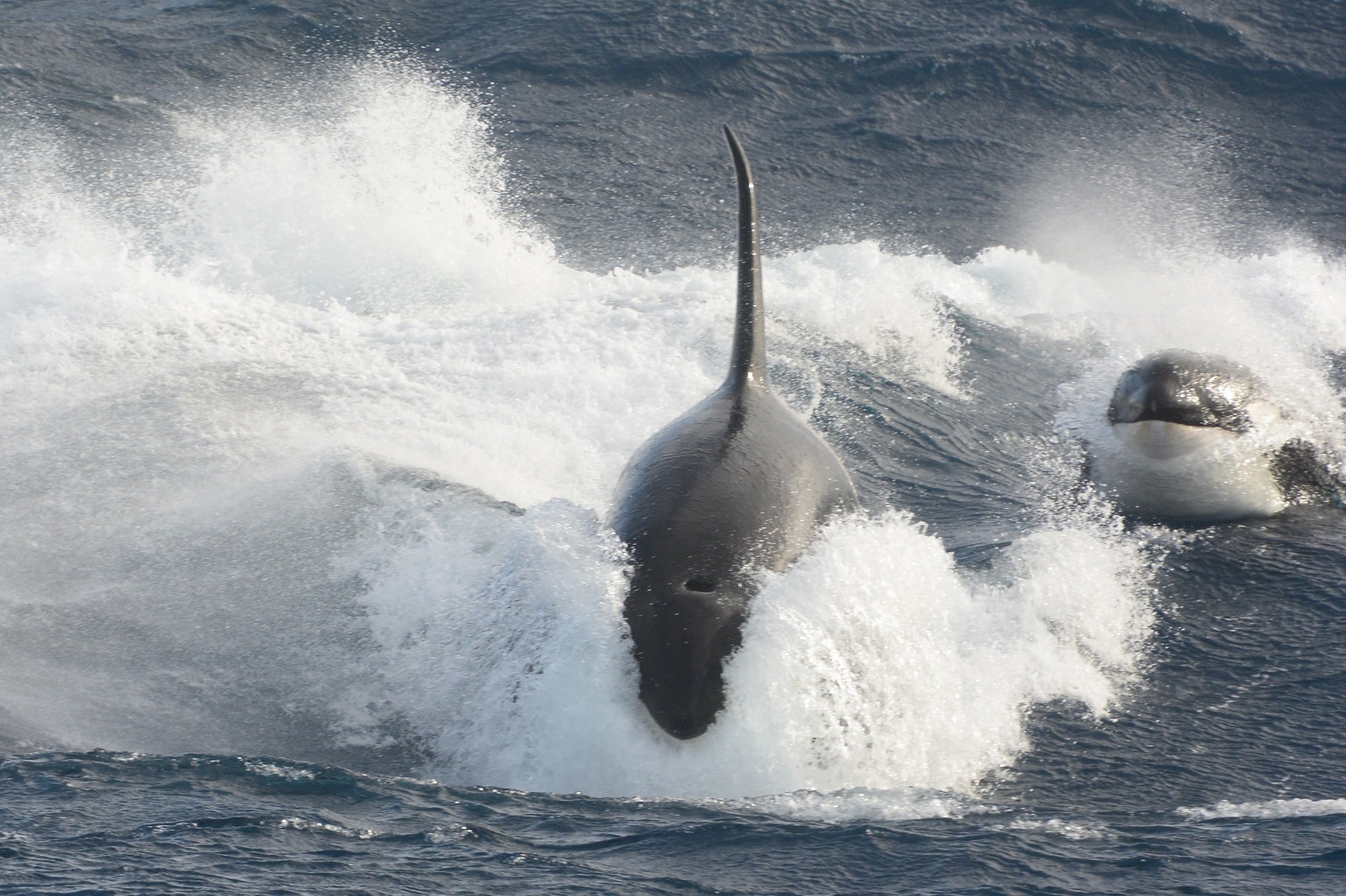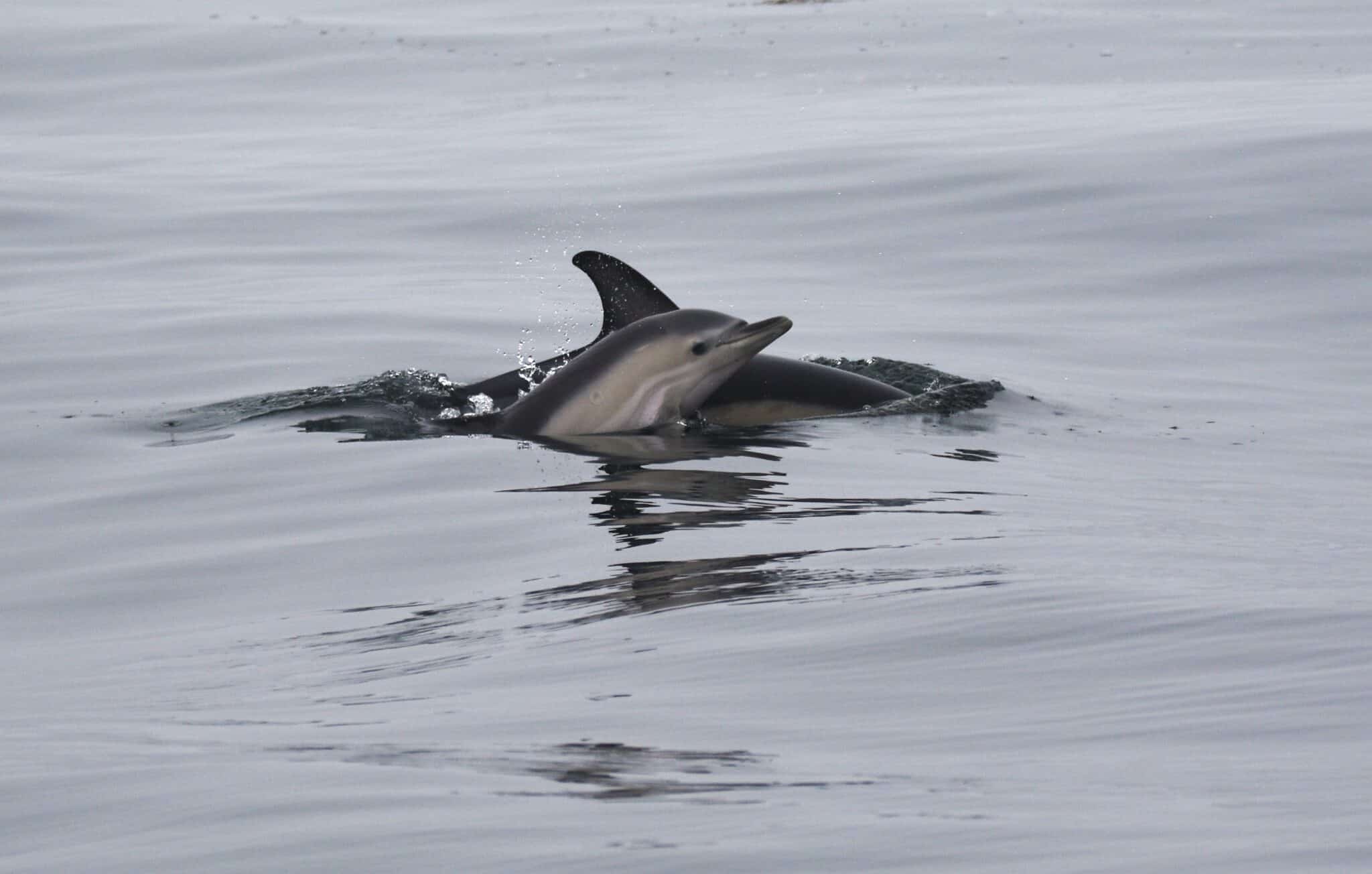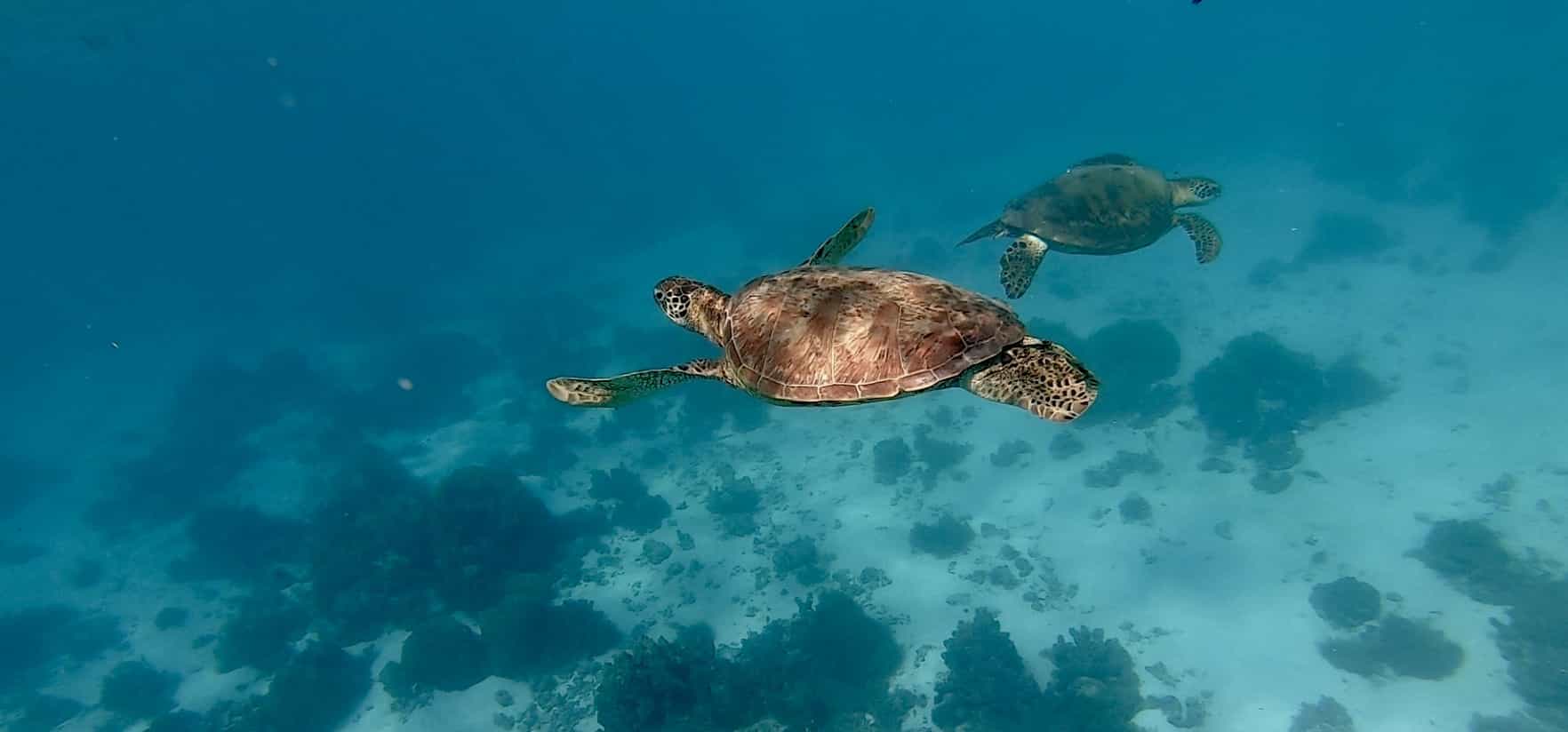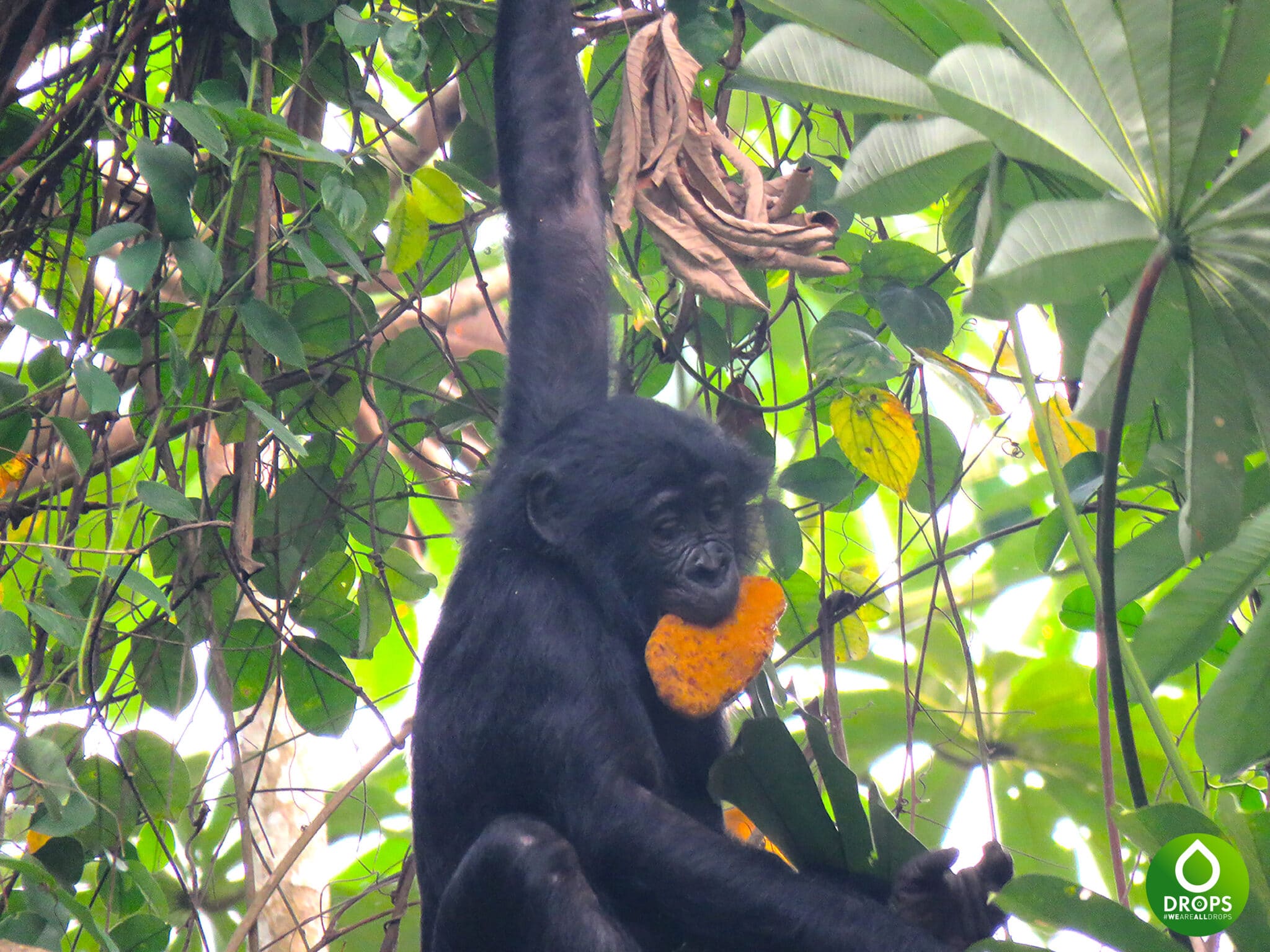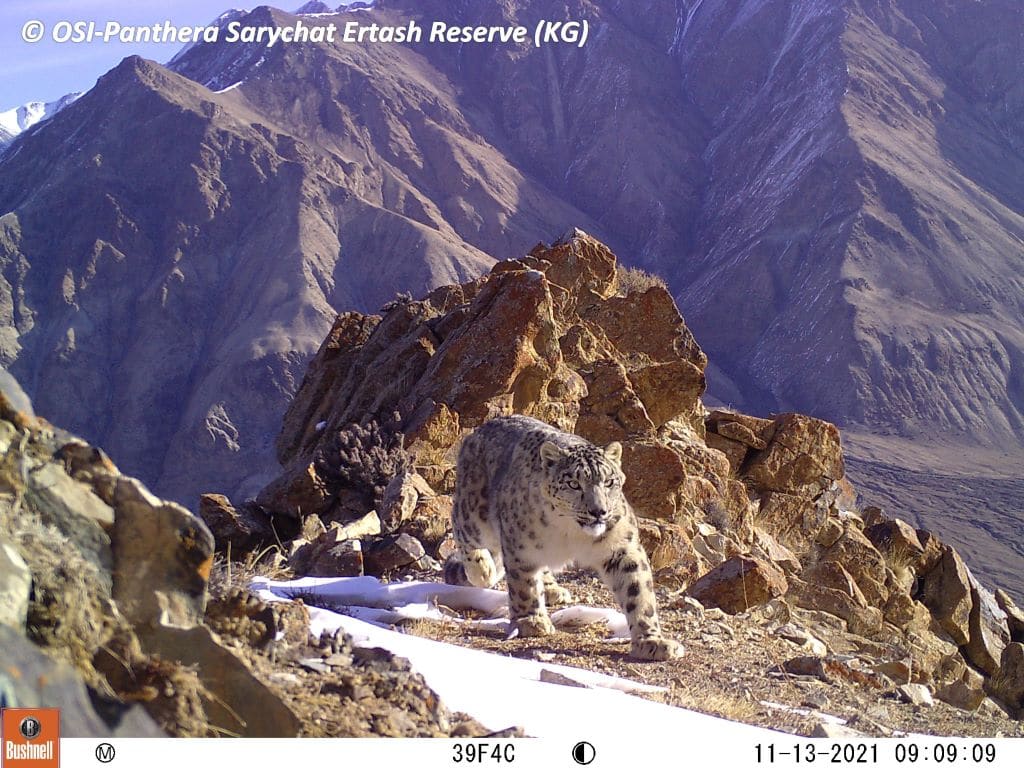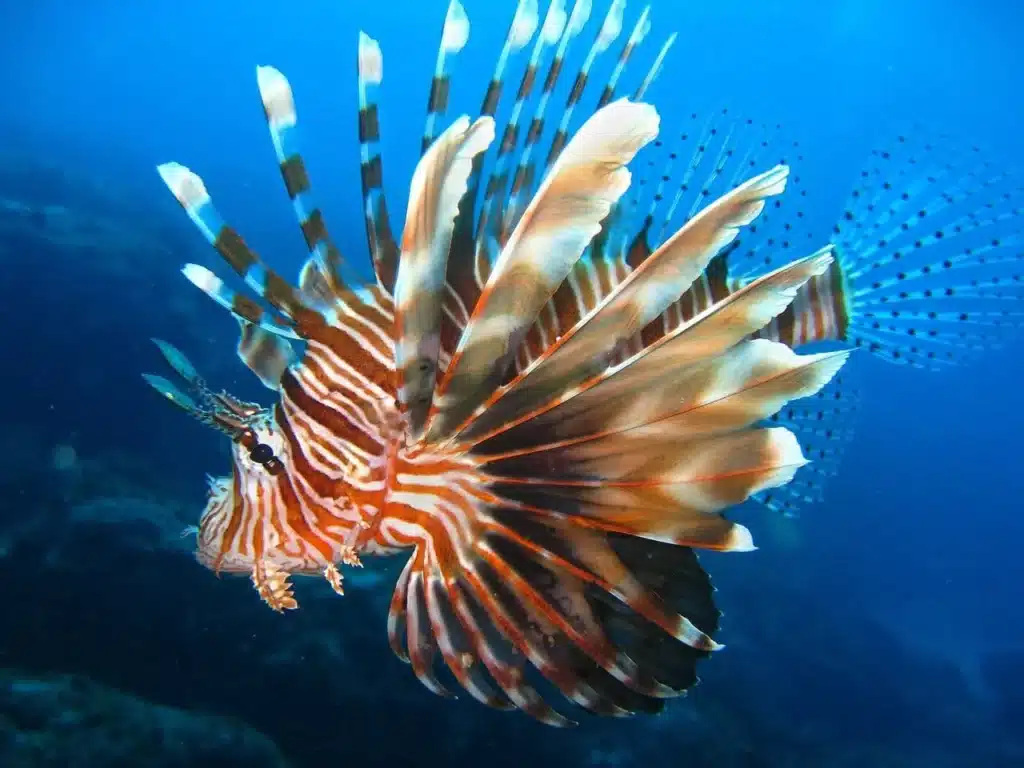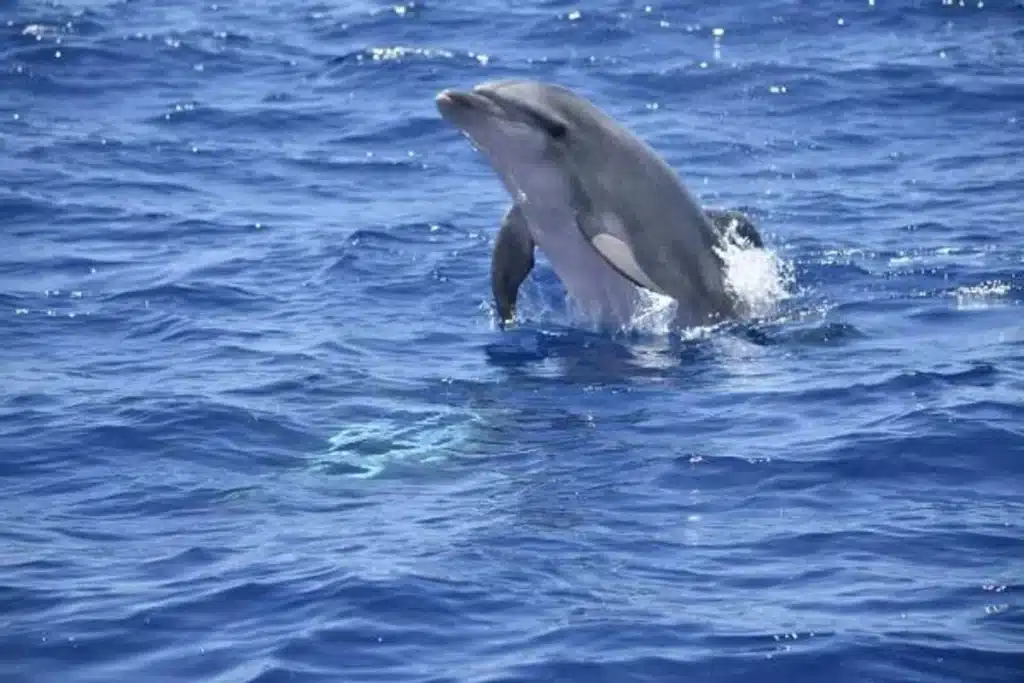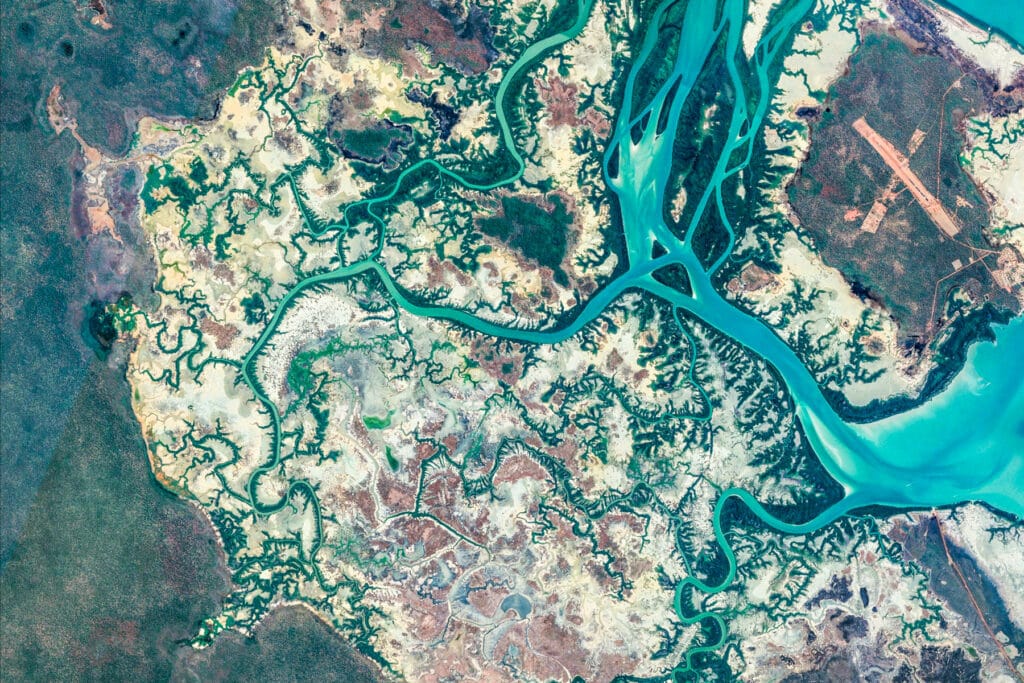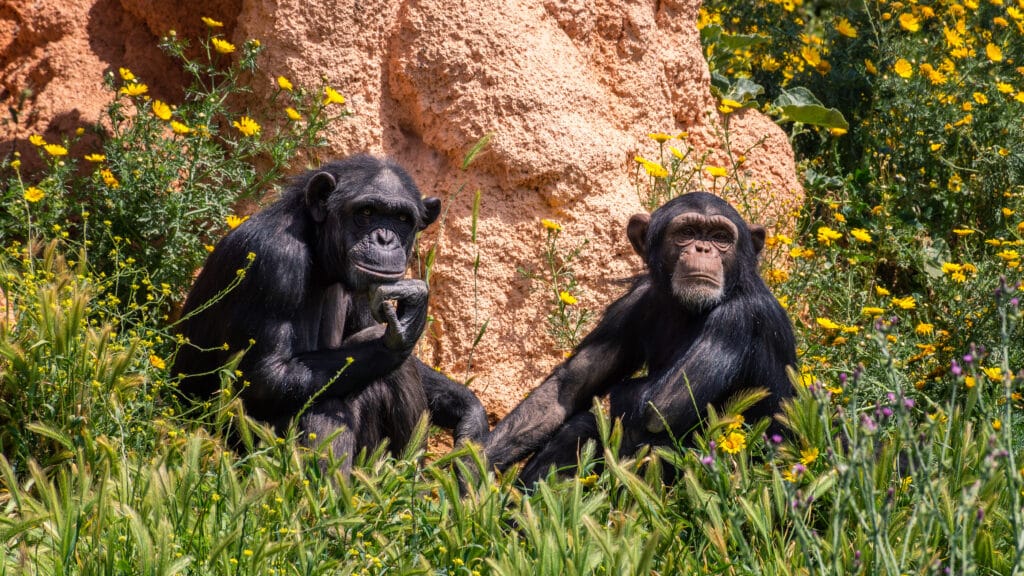Scientific travel: an innovative approach to biodiversity
One of the first to popularize scientific travel was Charles Darwin's HMS Beagle expedition in the 19th century. He led expeditions with scientists to collect data and explore new frontiers of science.
Charles Darwin the precursor
The concept of scientific vacations is not limited to a simple getaway! Thanks to participatory science, participants of all ages can actively contribute to research projects directly linked to environmental preservation. The educational aspect of these trips makes them a unique experience, combining learning and action in the field. Scientific trips are all about learning through action and immersion.
Citizen science and nature conservation
Citizen science plays a crucial role in gathering data to understand ecosystems. By taking part in scientific trips, volunteers, whether scientists or not, become real players in research. They observe, collect and analyze data, which is then used for conservation initiatives. This participatory approach responds positively to the UN's Sustainable Development Goals (SDGs ), particularly those concerning ecology and education.
Participatory research programs have developed in many fields, including ecology, conservation, astronomy and even health... They intensify the involvement of the general public in research and reinforce the impact of scientific projects.
Ambassadors for the ecological transition
Science trips also prepare participants to be environmental advocates in their own communities, in alignment with the SDGs. The impact of these trips often goes beyond a simple educational experience, as they promote long-term behavioral changes.
Towards a sustainable future through scientific travel
Beyond the adventure and the change of scenery, scientific trips create a bridge to a more sustainable future. By combining education, active research and leisure, they offer an enriching formula that encourages awareness and action in favor of biodiversity.
